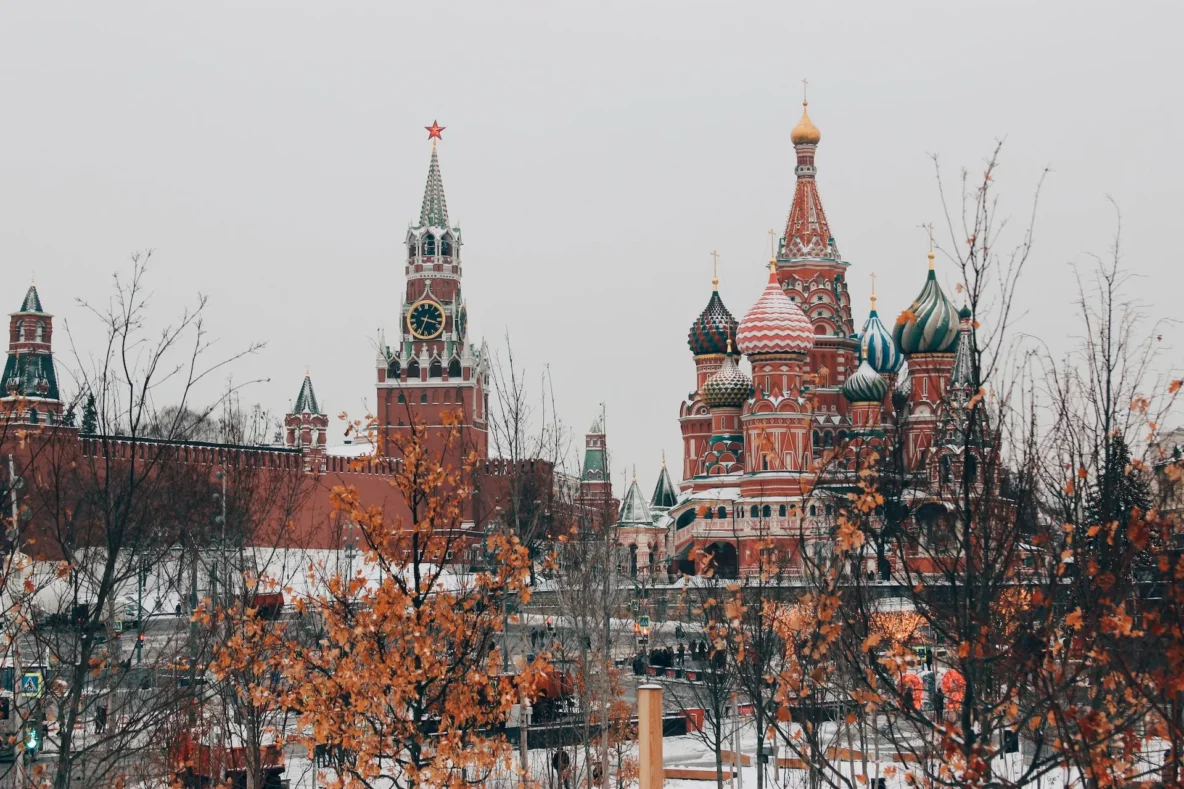On 20 June 2023, the Russia (Sanctions) (EU Exit) (Amendment) (No 2) Regulations 2023 (the Regulations) came into force.
Established under the Sanctions and Anti-Money Laundering Act 2018 (SAMLA), the Regulations amended the Russia (Sanctions) (EU Exit) Regulations 2019 (Russia Regulations) to establish a clearer legislative basis to enable certain assets to remain frozen/immobilised until Russia pays compensation to Ukraine “for damage, loss or injury suffered by Ukraine as a result of Russia’s invasion of Ukraine on or after 24 February 2022.”
Existing finance, shipping, and trade sanctions have also been extended under the Regulations.
The new sanctions relate to non-government controlled Ukrainian territory “the Autonomous Republic of Crimea” and city of Sebastopol and non-government-controlled areas of the Kherson and Zaporizhzhia oblasts (administrative district or region) of Ukraine.
These reflect the changing demographics now under Ukrainian control.
The Regulations introduce a defence to the strict liability offence under section 68(1) of the Customs and Excise Management Act 1979 relating to the prohibition on exportation of certain goods to, or for use in, non-government-controlled areas of the Donetsk, Kherson, Luhansk, and Zaporizhzhia oblasts.
What is the purpose of the Russia (Sanctions) (EU Exit) Regulations 2019?
Before the amendment, the Russia Regulations were for the purposes of ‘encouraging Russia to cease actions destabilising Ukraine or undermining or threatening the territorial integrity, sovereignty, or independence of Ukraine.’
The explanatory memorandum to the Russia Regulations states that they reflect the UK’s position that Russia is fully responsible for the war in Ukraine and the damage caused, including to Ukraine’s critical infrastructure.
The amended sanctions are designed to contribute to the objective of ensuring Russia pays compensation for the damage it has caused.
What is the defence to the strict liability offence under section 68(1) of the Customs and Excise Management Act 1979?
Section 68(1) reads:
68 Offences in relation to exportation of prohibited or restricted goods.
(1) If any goods are—
(a) exported or shipped as stores; or
(b) brought to any place in the United Kingdom for the purpose of being exported or shipped as stores,
and the exportation or shipment is or would be contrary to any prohibition or restriction for the time being in force with respect to those goods under or by virtue of any enactment, the goods shall be liable to forfeiture and the exporter or intending exporter of the goods and any agent of his concerned in the exportation or shipment or intended exportation or shipment shall each be liable on summary conviction to a penalty of three times the value of the goods or [F1level 3 on the standard scale], whichever is the greater.
The defence under the Regulations in relation to section 68(1) is available in circumstances where a person had no knowledge or reasonable cause to suspect that the prohibited goods were destined for the non-government-controlled areas of the Donetsk, Luhansk, Kherson, and Zaporizhzhia oblasts.
What are the anticipated future developments in sanctions against Russia?
In a press release dated 19 June 2023, the British government affirmed its commitment to maintaining sanctions until Russia paid compensation to Ukraine for the damage caused by the Russian invasion.
The statement confirmed that a legislative route was being introduced to ensure frozen Russian assets are donated to Ukraine to help fund reconstruction.
Laws are also anticipated to mandate that “persons and entities in the UK, or UK persons and entities overseas, who are designated under the Russia financial sanctions regime, must disclose assets they hold in the UK.”
Russians who are already subject to sanctions are now able to apply to have their frozen funds released for the express purposes of donating money to support reconstruction in Ukraine.
It is important to note that no relief from sanctions will be offered in exchange for making donations.
Wrapping up
Sanctions involve a complex web of domestic and international law, much of which is beyond the scope of this article. Therefore, it is imperative to check each transaction related to Russia or any other country subject to sanctions individually and seek legal advice as to you and/or your organisation’s legal position.
To discuss any points raised in this article, please call us on +44 (0) 203972 8469 or email wt@eldwicklaw.com
Note: The points in this article reflect sanctions in place at the time of writing, 13th July 2023. This article does not constitute legal advice. For further information, please contact our office.
Share this Post



